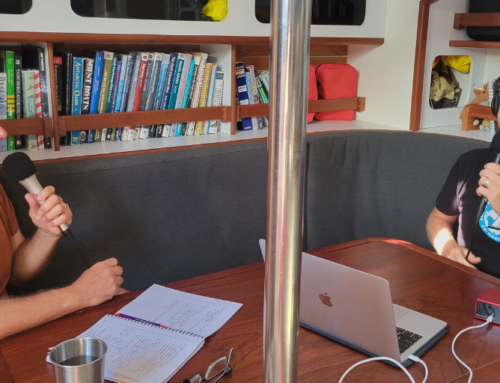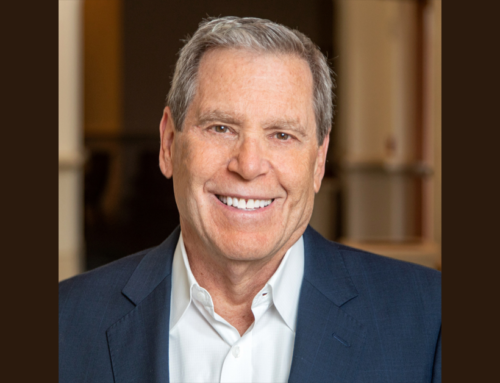Guest: Matthew Hanzelka, the Pastor of Community Care at Peace of Christ Church, just outside of Austin, Texas. Matt has a Bachelor’s Degree in Financial Planning from Texas Tech University and a Master’s Degree in Divinity. He’s also a U.S. Air Force Reserve chaplain, a hospital chaplain, and a Bitcoiner.
Insight: NGU tends to drive mainstream conversation about Bitcoin. But as I’ve learned more and become more active in the Bitcoin community, what grabs my attention isn’t the price, it’s the size of the tent. Since I started this podcast, I’ve talked to folks who think Bitcoin is the vanguard of a new global economy, a store of value that could rival gold and real estate, a tool for social justice, a hedge against inflation, the future of rapid payments, and, increasingly, an investment that shouldn’t be overlooked when advisors are designing portfolios. That Bitcoin as an asset and as a community can be so inclusive is a big reason why its user base and its market cap continue to grow. However, if all this potential comes to fruition, Bitcoiners could also find themselves facing a new set of responsibilities. The sooner we start asking questions about what “Bitcoinization” might look like, the more innovative, equitable, and productive our answers will be.
–
3 Quotes from Matt Hanzelka:
1. If we move toward hyper Bitcoinization, or Bitcoin to the moon or a Bitcoin standard, I think the true test of my Christian faith will then come. What do I do with this wealth that I have? Do I go build my citadel and seclude and withdraw from the world? And if I do, to me, that would be incredibly unfaithful to my sense of spiritual and religious calling. Do we run for city council here in our town so that we can help implement some of these sound money principles at a local level? Do we create a world-class free STEM camp for kids here in our city? Do we make sure that the hub for all the hunger and housing needs in my city is fully funded? I’m already thinking in those terms: What does faithfulness look like when that happens?
2. If you want to take seriously the Cantillon Effect, which is this idea that our current system is set up such that those who are closest to the creation of money are benefiting disproportionately, take a look at a Bitcoin. If you’re dissatisfied with corporate bailouts following the global financial crisis, take a look at Bitcoin. If you’re upset about the military and prison industrial complexes, you should love something like Bitcoin, which is a critique of a system that allows the government to print endless amounts of money to pay for these things. If you’re upset about the opioid epidemic and the hollowing-out of our middle class, you should be very upset about dollar hegemony across the globe, and you should advocate for some kind of neutral reserve currency. If you’re upset that we now have what they’re calling a forever renter class, because the average person can’t afford a home, that should make you pause and ask what’s causing these things? And in my view, that leads you to some kind of sound money policy like Bitcoin. If you’re upset about a fragile society that my children and your children will inherit, you should seriously be questioning the status quo. All of which is undergirded by the dollar.
3. I don’t think Bitcoin fixes all these problems. But what it’s done for me, it causes me to ask questions, like what kind of policies should we have that will help society flourish for the most number of people? How is power being dispersed and shared rather than concentrated? How do we create a world where people feel a sense of hope? The hope of Bitcoiners is tangible. They’re doing crazy things to buy Bitcoin because of this sense of hope. And that stands in contrast to what’s been known as this epidemic of deaths of despair that we’ve been seeing over the past decade, primarily affecting white middle-aged men, where they are dying deaths from alcoholism, deaths from opioid use, deaths from suicide, because they’ve lost any sense of hope. Bitcoin is giving people hope. As they’re trying to navigate this world, Bitcoin is giving them this sense of a world that again makes sense. Rules are predictable and fair. We have this level playing field for everybody.
Resources
Matthew Hanzelka




